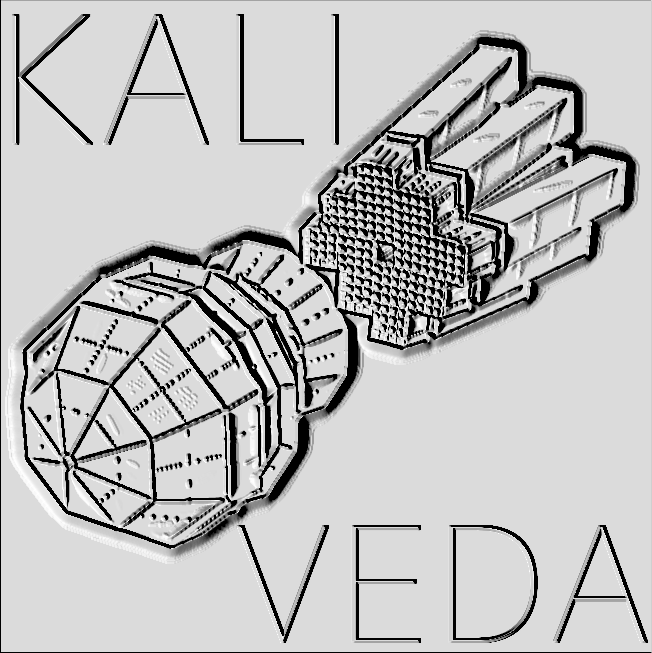1 #include "KVRDP_INDRAFAZIA_DropUncorrEventsInFirstRunFile.h"
2 #include "KVMultiDetArray.h"
21 std::cout <<
"Avoid using uncorrelated INDRA/FAZIA events at beginning of run" << std::endl;
23 std::cout <<
"\nDue to the way Narval handles data buffers, at the beginning of a new run" << std::endl;
24 std::cout <<
"('run' in the sense of Narval: a run begins when 'Start' is pressed, it can" << std::endl;
25 std::cout <<
"be written in several files) there is typically a buffer of only INDRA or" << std::endl;
26 std::cout <<
"only FAZIA events (a few hundreds), uncorrelated with anything else." << std::endl;
28 std::cout <<
"\nIn order to be sure to only treat correlated data which could have been" << std::endl;
29 std::cout <<
"merged if required (if the INDRA-FAZIA time coincidence is in the window)," << std::endl;
30 std::cout <<
"this patch will skip all events until the first merged INDRA-FAZIA event" << std::endl;
31 std::cout <<
"is read, thereafter all events are accepted." << std::endl;
33 std::cout <<
"\nThis is only applied to the runs found in the following dataset variable:" << std::endl;
35 std::cout <<
"\n~~~" << std::endl;
36 std::cout <<
" [dataset].SkipUncorEventsAtRunBegin: [runlist]" << std::endl;
37 std::cout <<
"~~~" << std::endl;
39 std::cout <<
"\nwhere the run numbers to be given are those of Narval. Obviously, when no correlation is" << std::endl;
40 std::cout <<
"expected (alpha source or other calibration runs, or running independently" << std::endl;
41 std::cout <<
"without merger), the condition should not be applied (it could reject all" << std::endl;
42 std::cout <<
"events)." << std::endl;
static ValType GetDataSetEnv(const KVString &dataset, const KVString &type, const ValType &defval)
Base class for describing the geometry of a detector array.
Bool_t HandledRawData() const
virtual KVMultiDetArray * GetArray(const Char_t *) const
Bool_t Contains(Int_t val) const
returns kTRUE if the value 'val' is contained in the ranges defined by the number list
void Set(const TString &l)
Avoid using uncorrelated INDRA/FAZIA events at beginning of run.
void PrintPatchInfo() const
Bool_t IsRequired(TString dataset, const run_index_t &runnumber)
Bool_t SkipEvent(KVMultiDetArray *)
virtual void Info(const char *method, const char *msgfmt,...) const
Specifies a runfile according to run number and file index ,.

